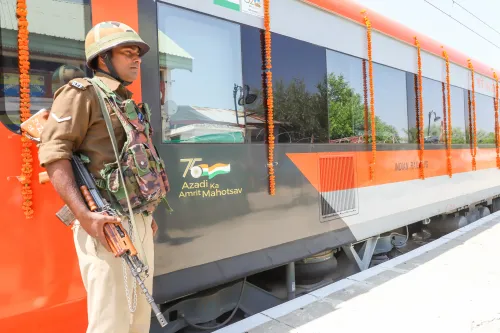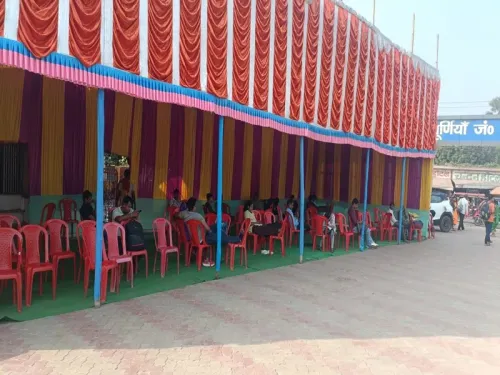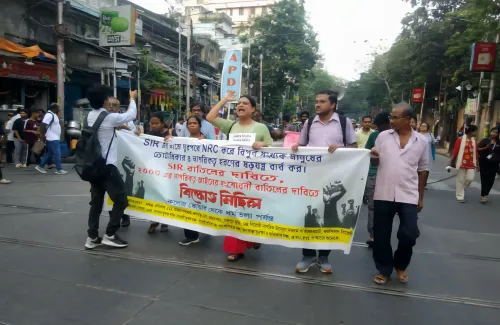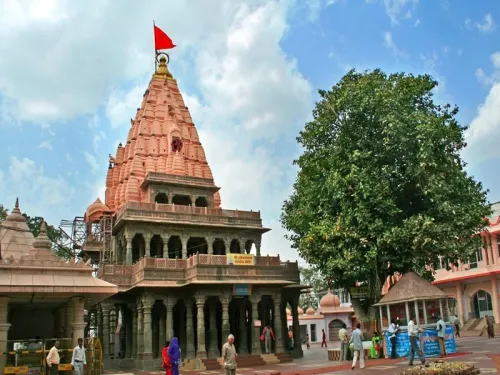How is Delhi Minister Sirsa Addressing Dust Pollution from Construction Sites?
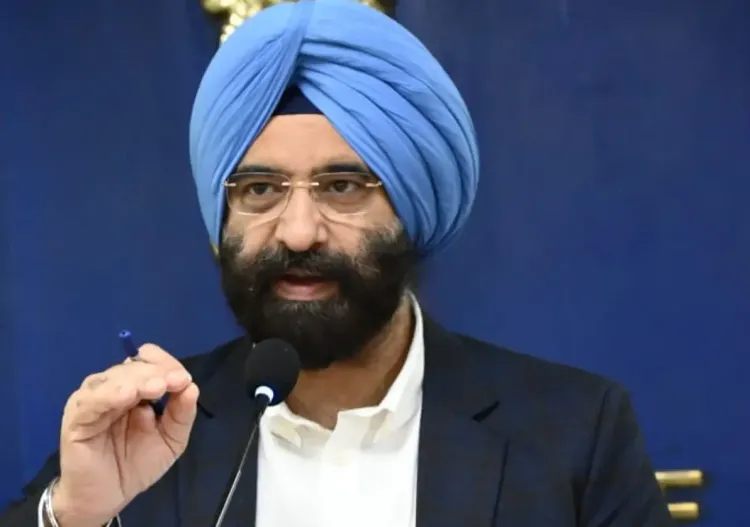
Synopsis
Key Takeaways
- Comprehensive monitoring of construction sites is essential for pollution control.
- The importance of registration on the DPCC’s Dust Portal cannot be overstated.
- Immediate actions against unregistered sites help ensure compliance.
- Data-sharing among agencies enhances real-time monitoring.
- Continuous improvement in air quality post-Diwali is a positive sign.
New Delhi, Oct 25 (NationPress) On Saturday, Delhi's Environment Minister Manjinder Singh Sirsa presided over a crucial meeting at the Delhi Pollution Control Committee to explore strategies aimed at mitigating dust pollution stemming from construction activities.
Following the discussions, Sirsa remarked, “Guided by Chief Minister Rekha Gupta, we have initiated a comprehensive grassroots campaign to crack down on illegal and unregistered construction sites. Every construction project must be registered on the DPCC’s Dust Portal to facilitate effective monitoring.”
Officials informed the Minister that 33 field teams have assessed 185 construction locations to date, with aspirations to inspect over 500 sites by October 30.
Notices have been issued to sites that have not yet registered, mandating an immediate suspension of operations until formal registration is accomplished, according to an official statement.
The Minister also evaluated departmental files and operations, instructing officers to swiftly address identified technical deficiencies.
All departments were urged to accelerate field actions, enhance waste management, and enforce strict vigilance against violators. Orders were also given to simplify the registration process on the dust portals.
Sirsa emphasized, “Our aim is not to obstruct development, but to ensure that every source of pollution is effectively managed. Monitoring all construction activities in Delhi is vital for timely intervention against polluters.”
According to DPCC guidelines, unregistered construction sites may incur fines ranging from Rs 1 lakh to Rs 5 lakh, as stated in an official announcement.
The Minister mandated that all unregistered projects immediately halt operations and be penalized according to environmental compensation regulations. During the GRAP phase, any detected violations will incur double penalties.
A significant decision was made to ensure data-sharing among major agencies — MCD, NDMC, DDA, PWD, DMRC, among others — to facilitate real-time, centralized monitoring of construction sites through an integrated portal.
Sirsa directed the establishment of a dedicated monitoring team and an increase in the number of advanced air-quality inspection devices.
“Our primary goal is to keep Delhi's air clean,” stated Sirsa, adding, “In recent days, we have observed a steady improvement in AQI levels following Diwali. The focus now is to build on that progress and make it sustainable.”

